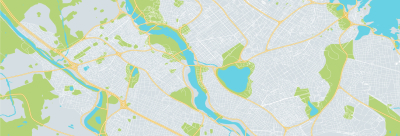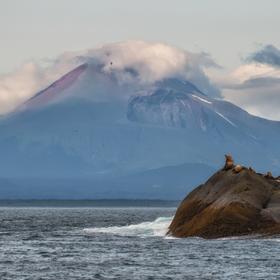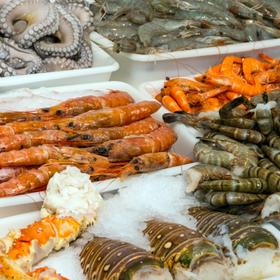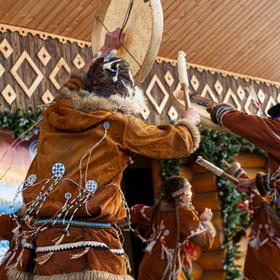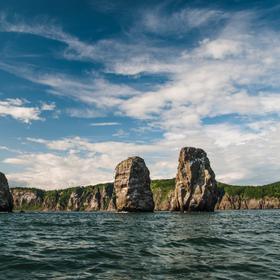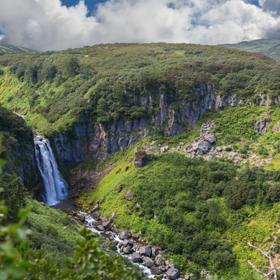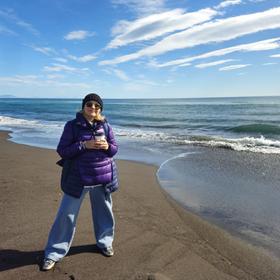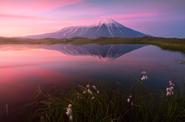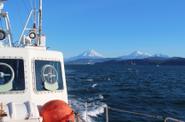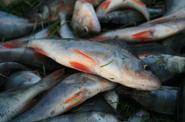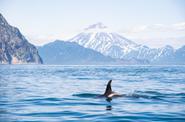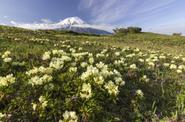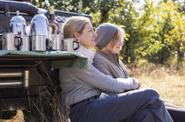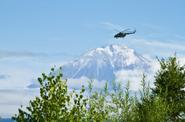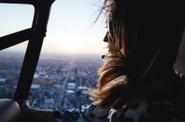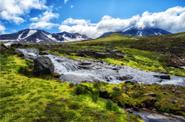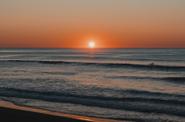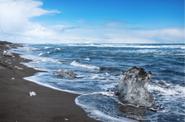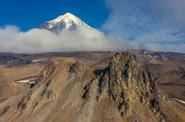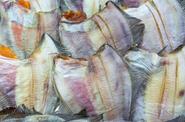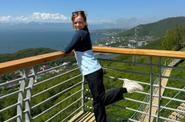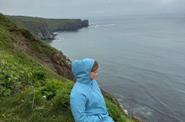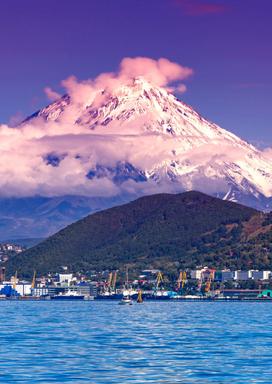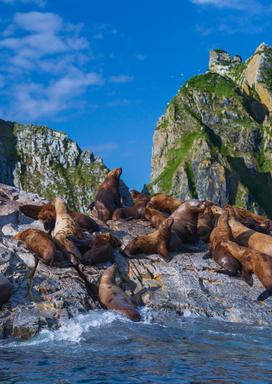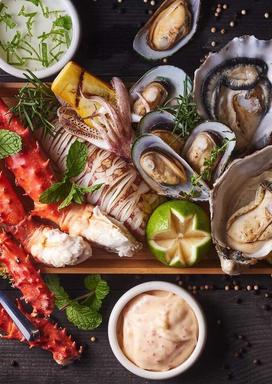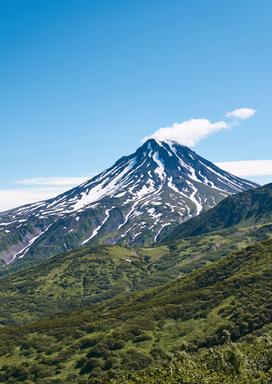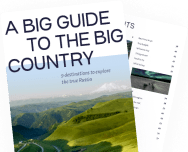Arrival in Kamchatka.
Meeting at Yelizovo airport.
Group transfer to the hotel.
A transfer is arranged for each incoming flight. You can choose any convenient arrival time, we will meet you, even if the flight is delayed.
Accommodation in a hotel located in the rural resort area of Paratunka.
Check-in at 14:00, if you arrived in the morning and your room is not ready yet, you will need to wait in the lobby or restaurant of the hotel.
The Paratunka resort area is located 50 km from Petropavlovsk and Yelizovo. Regular buses and taxis run between these points throughout the day.
All hotels in Paratunka have hot thermal pools in the open air, which have healing properties. The hotel's restaurant serves lunch and dinner, and breakfast is included in the room rate. There are small kebab shops nearby.
If you need to stop by the store, you should inform the guide about this during the transfer, he will make the necessary stop.
Today we will have the opportunity to relax and acclimatize after the flight, swim in the outdoor thermal pool, and have dinner at the hotel restaurant.
In the evening, there is a meeting with the curator of the group: the details of the tour and organizational issues are discussed. The supervisor assigned to your group will be in touch with you throughout the trip, and you should contact him for any questions you may have.
Meals: tour with and without accommodation — at your own expense;
Overnight stay: Paratunka village: spa hotel / recreation center, depending on the chosen accommodation.
Distances and duration: transfer: 35 km, 30-40 min.









